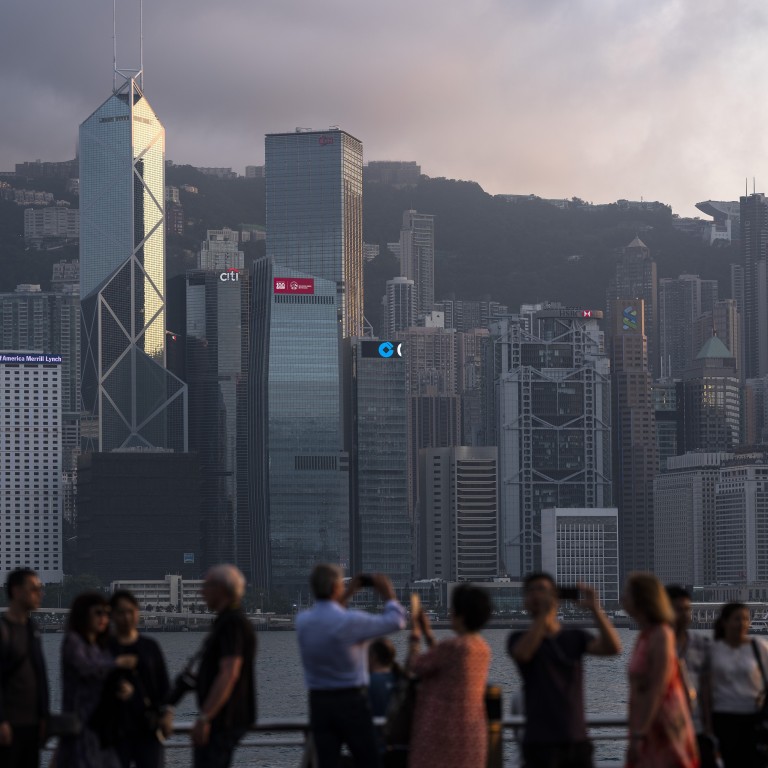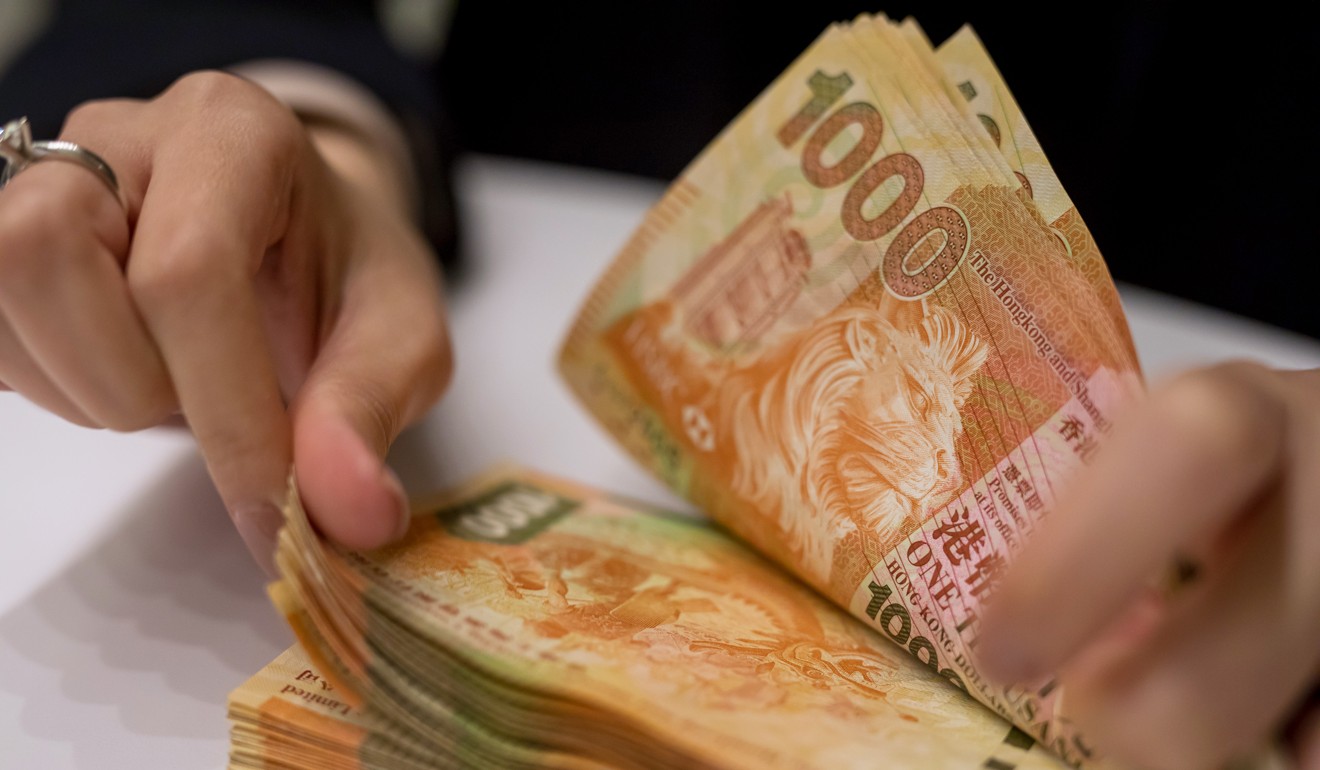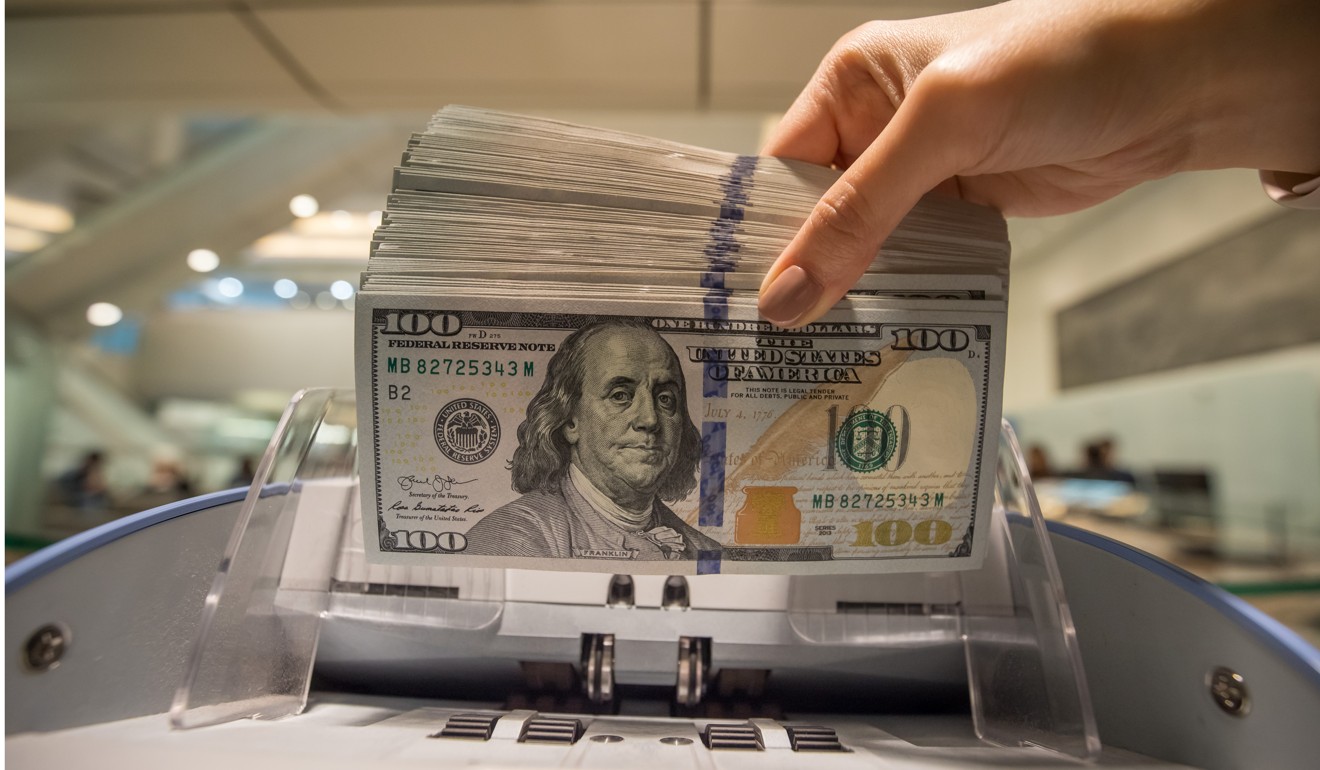
Hong Kong a ticking financial time bomb? A thrilling story, but don’t buy what Kyle Bass is selling
- The US hedge fund manager has form when it comes to forecasting financial disasters – see the global financial crisis of 2008
- But comparing Asia’s premier international financial centre to Iceland or Cyprus before they went belly-up? A chilling scare story, but that’s all it is, writes Tom Holland
Everyone loves a scary story. Remember as a child when you happily suspended disbelief and crouched in delighted terror behind the sofa, peeping between your fingers as some unfortunate actor lurched around on the television screen dressed in a ludicrous rubber monster mask? The fright was delicious.

And Bass is no stranger to Hong Kong’s financial system. At the beginning of 2017, he set up his Hayman Hong Kong Opportunities Fund to trade in the city’s markets.
So, when Bass warns that Asia’s premier international financial centre is heading for big trouble, we should sit up and pay attention, especially if we own property in the city, or entrust our savings to its banks or stock market.
Panic buying pushes Hong Kong home sales to eight-year high
It will only take a small shock to precipitate a crash as devastating as that suffered by either country. And Bass believes one may now be on the way.

“Once depleted, the pressure on the currency board will become untenable and the peg will break,” he writes.
HSBC warns on global growth, US-China trade war weighing on sentiment
“If you are currently a saver with your savings or investments denominated in Hong Kong dollars, why on earth would you not convert to US dollars and earn an extra return while also avoiding a catastrophic currency devaluation?” Bass asks.
It’s a scary story, right enough. But happily it’s as fictional as that television show that terrified you so as a child.
First of all, it is deeply misleading to suggest that the HKMA has spent 80 per cent of its reserves defending the peg. At the end of March, the HKMA was sitting on official foreign exchange reserves of US$430 billion, just 2 per cent shy of its April 2018 record.

That is more than twice the local monetary base, and easily enough to cover any conceivable outflows, even in a full-blown panic. And it doesn’t even include an additional US$91 billion in deployable foreign currency assets that don’t count as part of the official reserves.
What has fallen by 80 per cent over the last couple of years is the aggregate balance of the Hong Kong banking system at the HKMA. This is a measure of liquidity in the local interbank market, and it does indeed fall as people exchange Hong Kong dollars for US dollars at the weak side of the local currency’s trading band.
But most of the recent fall in the aggregate balance is not the result of such outflows. Instead it has fallen because the HKMA has issued exchange fund bills and notes to soak up local liquidity. If it wanted to, the HKMA could inject liquidity again simply by allowing these bills and notes to mature without issuing more. And in any case, although it may have fallen recently, the aggregate balance is still more than 10 times as big as before the financial crisis.
How would the world’s central banks tackle the next recession?
So the Hong Kong dollar peg is in no danger. Nor is there much reason to worry about Hong Kong’s banks. A debt to GDP ratio of 850 per cent is not unusual for a major financial centre. London’s is similar. And the exposure is not as great as it looks. Much of the banking system’s assets consist of foreign currency loans extended by Hong Kong branches to mainland borrowers, collateralised by yuan deposits held by the same banks’ mainland branches. It’s a profitable, low-risk business.
And nor are local banks much threatened by a crash in the local property market. No doubt local prices will fall one day (although they are up 8 per cent over the last three months). But buyers are far less leveraged today than they were in 1997. And back then, even though prices fell 70 per cent between 1997 and 2003, the mortgage default rate never exceeded 2 per cent, and not one single local bank went bust.
So, in short, enjoy the delectable thrill of Mr Bass’ chilling scare story. But remember, that’s all it is – a story. ■
Tom Holland is a former SCMP staffer who has been writing about Asian affairs for more than 25 years

